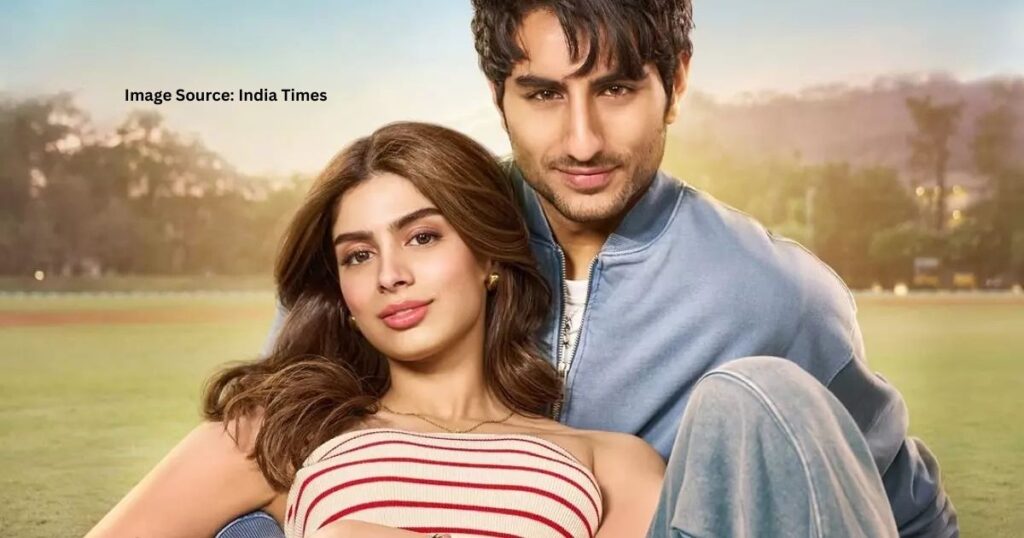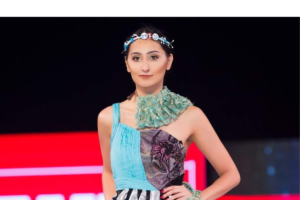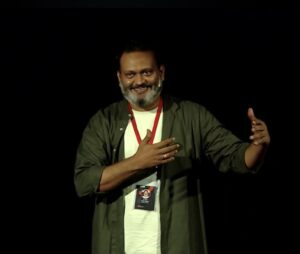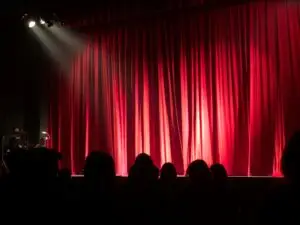
The Rebel Kid Returns: Apoorva Mukhija’s Bold Comeback and What It Means for Indian Creators
The digital creator space is never short of drama, redemption, and reinvention — and Apoorva Mukhija, widely known as The Rebel Kid, just proved she’s still got plenty to say. After a controversial online episode and a brief disappearance from social media, Apoorva has made a bold and emotionally layered comeback that has the internet buzzing again. But this isn’t just another “creator returns” story. It’s a deeper look at how creators in India navigate backlash, ownership of their narrative, and the evolving expectations of audiences. So, let’s unpack her return — the post, the video, and why it matters. From Controversy to Silence If you’ve been following the Indian creator ecosystem, you’ll remember the storm that hit after The Rebel Kid’s appearance on India’s Got Latent, a YouTube show hosted by comedian Samay Raina. Alongside fellow guest Ranveer Allahbadia (BeerBiceps), Apoorva made comments that sparked widespread outrage. Whether misunderstood or taken out of context, the backlash was fierce. Soon after, she deactivated her Instagram feed, unfollowed everyone, and went completely offline. Rumors swirled, commentary videos flew, and for weeks, Apoorva remained silent. And in the fast-moving world of Indian creators, silence can be both strategic and deafening. The Comeback: “Don’t Take Away the Story from the Storyteller” On April 8, 2025, Apoorva reappeared on Instagram — and she didn’t tiptoe in. Her first post was a collage of the disturbing messages she had received during the controversy: threats of violence, harassment, and more. She captioned it simply, “That’s not even 1%.” This wasn’t a pity post; it was a statement. It set the tone for what came next. Her second post, far more visually minimal, simply read: “Don’t take away the story from the storyteller.” It resonated instantly. Not just with her audience, but with many creators in India who’ve felt the pressure of cancel culture, the internet’s short memory, and the fear of being misunderstood. The Video: Vulnerable, Honest, and Surprisingly Uplifting A few days later, Apoorva dropped a video titled “Hi again.” It wasn’t defensive or dramatic — instead, it felt real. In the video, she talked directly to her audience, acknowledging the controversy, the pain it caused, and the impact of the hate she received. She didn’t dodge the issue. She addressed it.She apologized where necessary.She laughed a little. Got serious. Paused when she needed to. This wasn’t “damage control.” It was storytelling — the very thing she reminded everyone not to take away from her. For many viewers, the video felt like sitting down with a friend who had gone through something, learned from it, and was ready to talk. And that’s where The Rebel Kid shines: not just in creating snappy content, but in turning real-life messiness into something meaningful. Why Her Comeback Matters The internet is often quick to judge but slow to forgive. Apoorva’s return opens up important conversations around creator accountability, internet culture, and the sheer pressure on Indian creators to always get it “just right.” But more than that, it shows that creators in India can evolve. They can take a break, reflect, return, and still create powerful content that moves people. Her audience didn’t just welcome her back — they embraced her vulnerability. And for younger or emerging creators, this moment serves as a reminder: you can be bold, make mistakes, and still grow. What’s Next for The Rebel Kid? With over 3 million followers and a fresh wave of support, Apoorva seems poised to step into a new era — perhaps a little less rebellious, but a lot more intentional. Whether she sticks to lifestyle content, dives into storytelling, or experiments with new formats, one thing’s clear: The Rebel Kid is far from done. Her comeback isn’t just about a personal return. It’s symbolic of something larger — the resilience and adaptability of Indian creators in an ever-changing digital world. As long as creators are given the space to learn, evolve, and speak their truth, the internet will remain a place for real stories and second chances. For more insights and news related to Indian creators, subscribe to our channel Indiancreators.com Disclaimer: This article is intended for informational and storytelling purposes only. All views are presented with neutrality and respect for all individuals mentioned. The events described are based on publicly available information as of April 2025. We do not endorse or condone any form of online harassment. Our goal is to highlight the evolving journey of creators in India and encourage constructive dialogue within the digital community.
Read more














